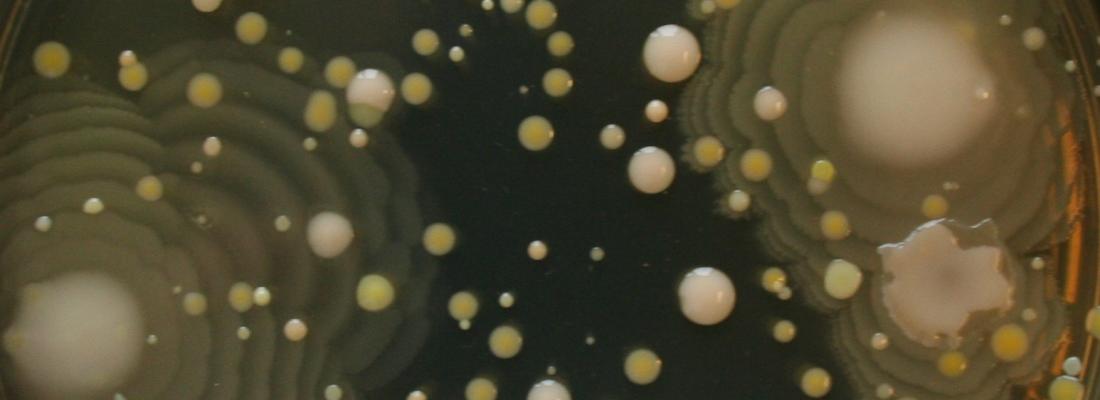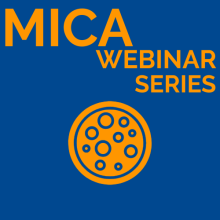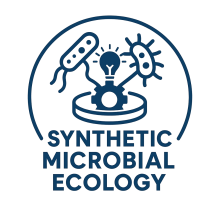Food, Global Health Reading time 4 min
MICA's new webinar series: “Building Better Ecosystems: The Rise of Synthetic Microbial Ecology”
Published on 18 July 2025


The MICA division is offering a new webinar series on the theme of synthetic microbial ecology for building better microbial ecosystems. These monthly webinars are intended for an international audience of researchers and students, and designed to facilitate interaction between experts in the field.
Studying the biological role of microbial communities is both complex and challenging, yet this knowledge offers significant potential for applications across various domains of life sciences from health to the environment. By deciphering the interactions among species within microbial communities and how these species interact with their biotope, we can devise strategies to engineer these communities to achieve specific applications.
Thus, the emerging field of synthetic microbial ecology makes use of knowledge-driven design and construction of microbial communities with the purpose of both understanding them as a functional unit and to tailor their properties. This approach has the potential to pave the way for new technologies for a wide range of applications, including bioremediation, biofuel production, food fermentation and medicine.

In synthetic microbial ecology, microbial communities are engineered in the laboratory, usually consisting of a limited number of strains or species selected for their desirable traits. Researchers control the community composition and environmental conditions to study species interactions and their impact on the community’s functionality.
This controlled setting allows for the isolation and identification of factors driving community assembly and functionality, crucial insights for developing new microbiome engineering methods.
Synthetic microbial ecology: a fastgrowing discipline
The field is currently experiencing rapid growth, driven by advancements in high-speed sequencing, meta-omics (including metagenomics and meta-transcriptomics), genome-scale modeling, genome-editing technologies and culturomic strategies enhancing the microbial resources available for such design.
Bringing together researchers from diverse disciplines such as microbial ecology, genomics, bioinformatics and modeling is key in developping these new tools and technologies that are helping to unlock the potential of synthetic microbial ecology. However, despite its advancements, the field is still in its infancy and somewhat disorganized. There is a lack of consensus on fundamental definitions, protocols, and methodologies.
To achieve this, the researchers already active in this new discipline need to organize themselves and capitalize on collective research efforts. For this purpose, we launch a series of webinars titled “Building Better Ecosystems: The Rise of Synthetic Microbial Ecology” to bring together the synthetic microbial ecology community, fostering collaboration and standardization across the field.
Save the dates!
Starting in autumn 2025, the webinars are scheduled on the last Tuesday of the month from 16:00 to 17:00 :
30th September 2025
28th October 2025
25th November 2025
16th December 2025
27th January 2026
-> All webinars will be in English. The list of speakers, registration and login links will be available soon.
